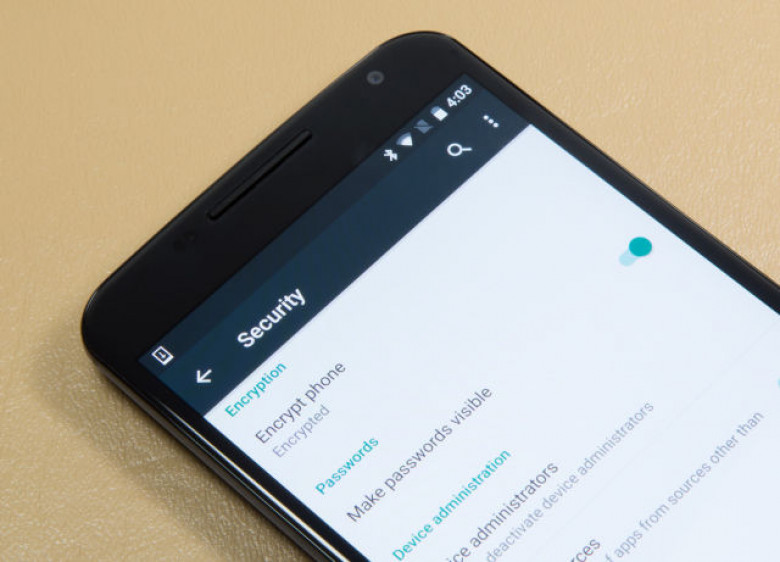Majority of Android VPNs can’t be trusted to make users more secure
Over the past half-decade, a growing number of ordinary people have come to regard virtual private networking software as an essential protection against all-too-easy attacks that intercept sensitive data or inject malicious code into incoming traffic. Now, a comprehensive study of almost 300 VPN apps downloaded by millions of Android users from Google's official Play Market finds that the vast majority of them can't be fully trusted. Some of them don't work at all.
According to a research paper that analyzed the source-code and network behavior of 283 VPN apps for Android:
- 18 percent didn't encrypt traffic at all, a failure that left users wide open to man-in-the-middle attacks when connected to Wi-Fi hotspots or other types of unsecured networks
- 16 percent injected code into users' Web traffic to accomplish a variety of objectives, such as image transcoding, which is often intended to make graphic files load more quickly. Two of the apps injected JavaScript code that delivered ads and tracked user behavior. JavaScript is a powerful programming language that can easily be used maliciously
- 84 percent leaked traffic based on the next-generation IPv6 internet protocol, and 66 percent don't stop the spilling of domain name system-related data, again leaving that data vulnerable to monitoring or manipulation










































































